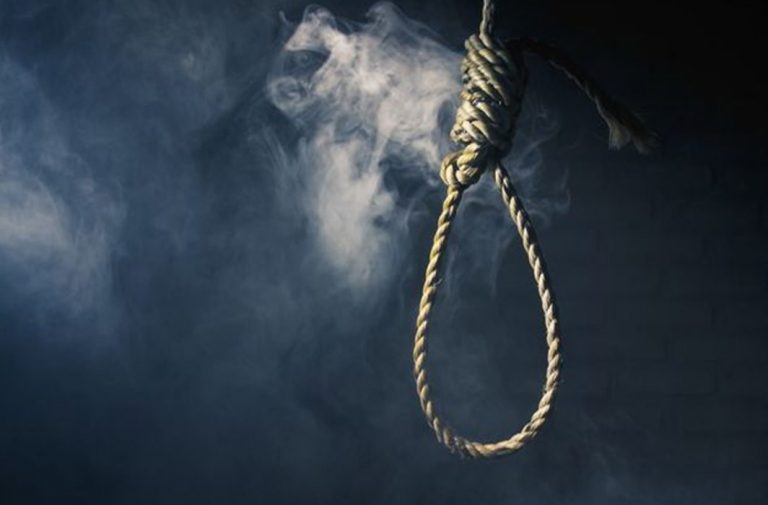
The Punjab & Haryana High Court bench of Justice Rakesh Kumar Jain has ruled that a stranger cannot be permitted to enter into any legal proceedings unless he falls within the category of an ‘aggrieved person’ and noted “in the criminal jurisprudence, the aggrieved person would be the one who would suffer the legal injury”.
The bench was hearing the petition of sister of Balwant Singh Rajoana, a death convict, seeking commutation of death sentence. Rajoana was convicted for assassination of former Punjab Chief Minister Beant Singh.
The Court asked the counsel for Kamaldeep Kaur Rajoana, Balwant Singh’s sister to argue on the issue of maintainability of the petition at the request of the sister of the sentenced prisoner, who actually is the aggrieved person.
Unmoved by the counsel’s submissions, the court said: “The condemned prisoner knew about his rights to defend himself during the trial but he deliberately chose not to seek any legal help.
“After his conviction and sentence, he did not choose to challenge the same by way of an appeal to the Supreme Court and had accepted the sentence awarded by the Supreme Court for the offence(s) committed.”
The Court further noted that Kamaldeep Kaur Rajoana’s plea was unmaintainable and added: “In exceptional circumstances, if it is felt by the Court that the aggrieved person, because of ignorance, illiteracy, inarticulation or poverty, is unable to approach the court, then the petition on his or her behalf, filed by others, may be considered but the facts of this case do not at all indicate in any manner that the condemned prisoner needs anybody’s help to espouse his cause in the Court much-less for seeking a direction for his release by commuting the death sentence into life imprisonment.”
—India Legal Bureau

